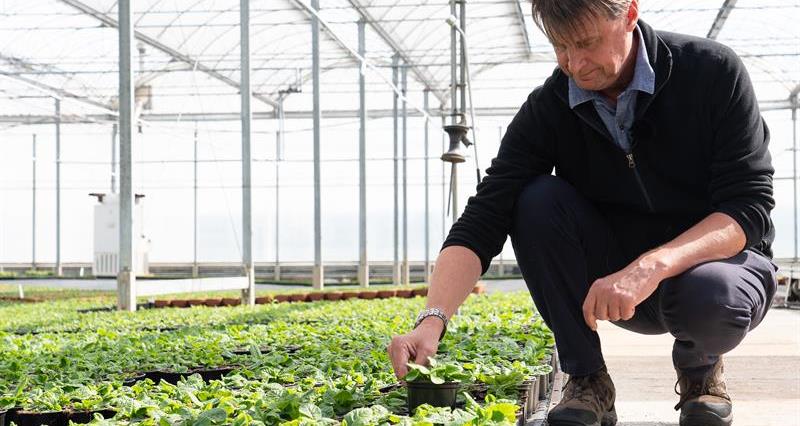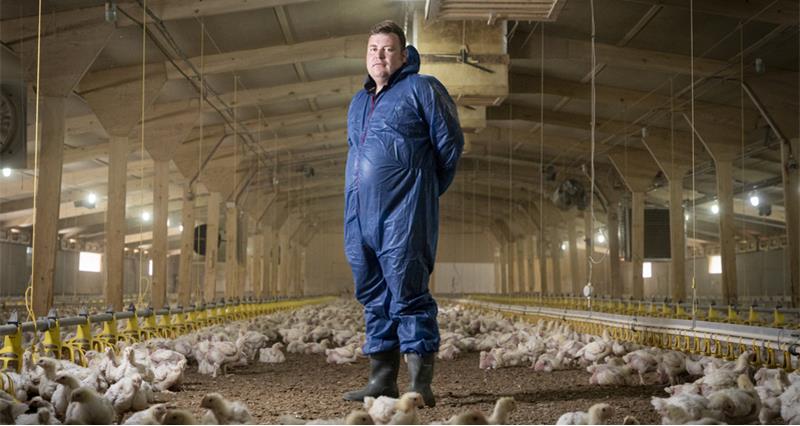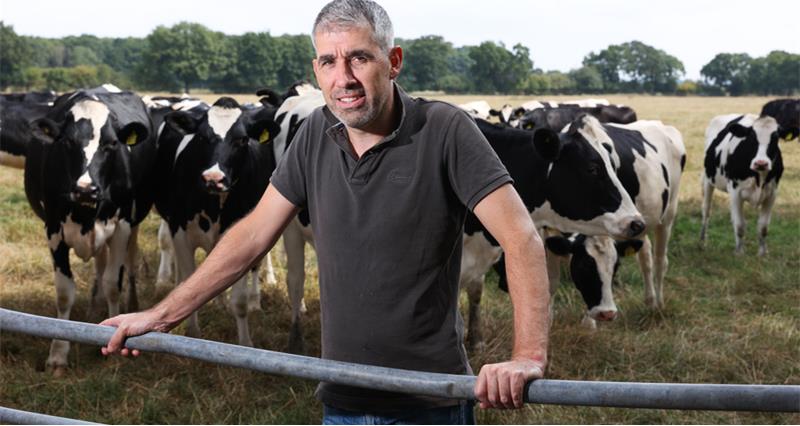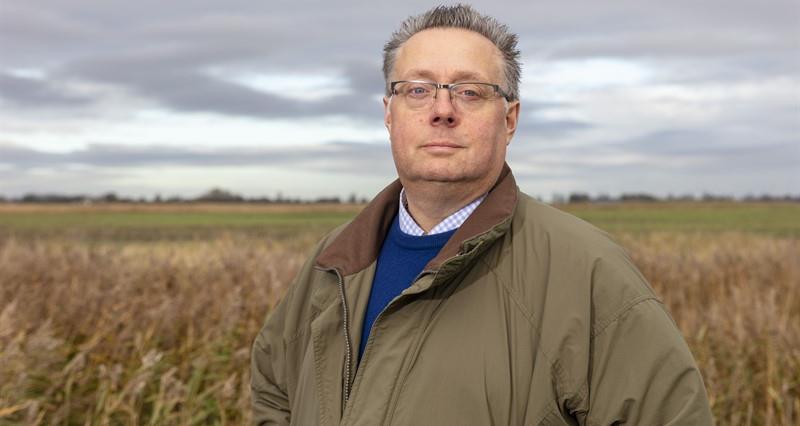Looking ahead, it is important to consider how the legacy of the past 12 months will continue to impact the sector.
The second worst harvest since 1983 combined with challenges for the autumn drilling campaign certainly build a concerning picture.
The NFU has focused on exploring the challenges faced during harvest 2024 through the #YourHarvest campaign, which engaged with over seven million members of the public by promoting the importance of the sector.
Correct policies must be in place
The continued accessibility of ELMs to all growers, and the flexibility of grant schemes to support investment on farm, will be vital to futureproofing businesses as the sector works through the delinking of BPS and the rapid reduction in payments.
Part of the Combinable Crops Board’s work going forward will focus on ensuring that the correct policies are in place to support farmers in navigating the demands for sustainability produced, environmentally friendly food, fibre and energy, and that the value for their effort is recognised across the supply chain.
Crop rotations are under increasing pressure from the loss of access to plant protection products.
“As a board, we will continue to promote the sector’s various opportunities to support the production of food, fibre and energy.”
NFU Combinable Crops Board chair Jamie Burrows
The development of a regulatory and policy framework that enables the development of sustainable plant health and crop protection solutions is vital.
Promoting opportunities
The NFU continues to work on ensuring fairness in the supply chain, and the Contract Fairness Hub remains open for members to share their experience of any claims, rejections and cleaning charges.
Alongside this vital work, the board continues to support the development of the business case for the Digital Passport, ensuring that the interests of members are integral to the development of this work.
As a board, we will continue to promote the sector’s various opportunities to support the production of food, fibre and energy, particularly looking to the diversification of markets and the alternative crops which can be grown.







